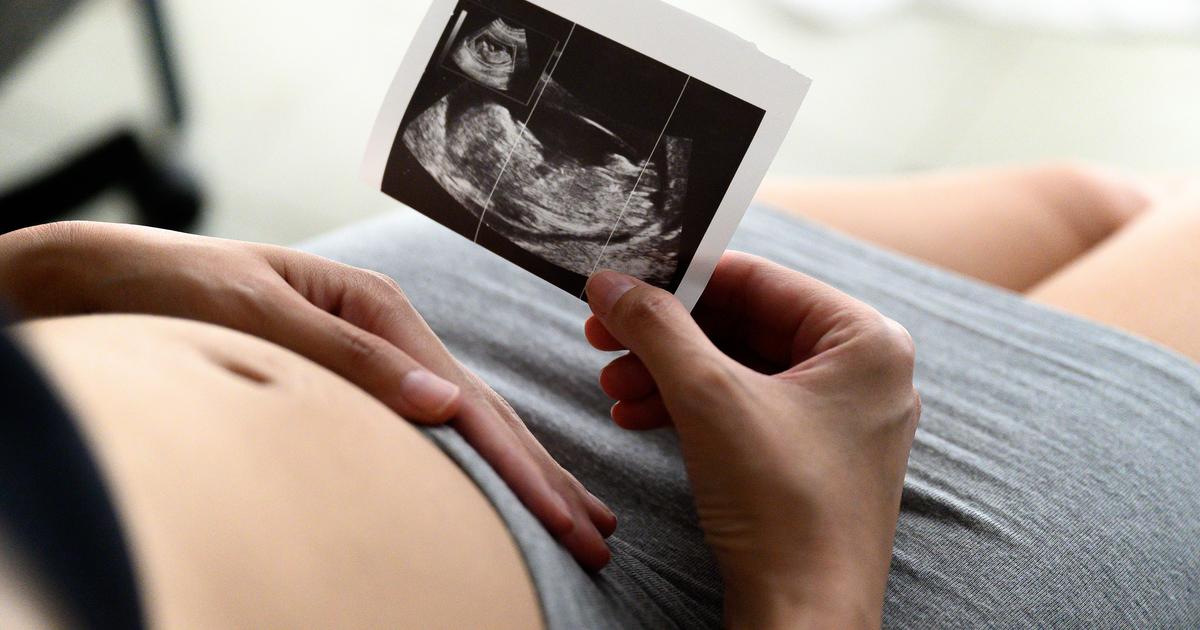Buying a rental womb in Colombia is as simple as selling or buying a second-hand car in classifieds.
It is enough to enter Facebook to find dozens of offers: "I rent my womb, I am from Colombia," says one.
“Hello, I am interested in renting my womb.
Strong womb and uncomplicated pregnancies”, reads another.
As if it were a huge auction, the messages compete with each other to offer what they judge to be the most advantageous conditions for customers.
On these same pages, buyers make their demands clear.
In general, those interested look for what any client studies in a classified: good quality and reasonable price.
In Colombia, buying babies through surrogates is becoming more common.
There is no type of regulation on this practice, prohibited in countries such as Spain, France or Germany.
Dozens of agencies and clinics take advantage of this legal vacuum to do business, usually for foreigners who come to the Andean country in search of renting a womb with as little bureaucracy as possible.
Yamile from Barranquilla is 33 years old and is one of the women who offers her services as a surrogate in a forum.
“Here we have a clinic that does the entire procedure for you and I have a cousin who does all the paperwork for us,” she assures a potential buyer over the phone.
Yamile can't bring herself to say when she gets paid.
- How much do you offer me?
— 20 million [about $4,000].
— But it is a very cheap rent.
— In total I ask for 40 million.
He would pay me a million and a half a month and the rest when I deliver the baby.
Yamile has two children of her own, and this is the first time that she is going to lend her womb to gestate other people's children.
“My cousin did it and she talked me into it,” she says.
When Yamile says that her cousin does the paperwork for her, she is referring to paying underhandedly to a notary so that in the civil registry of birth it is directly in the name of the buyers and they do not have to go through the normal adoption process.
This, in addition to being more complicated, would take much more time.
In Colombia, the civil registry of birth defines who are the parents of a newborn.
The information in the registry is filled out from the so-called "certificate of live birth", which is filled out by the doctor or nurse who attends the delivery.
In this certificate, the woman giving birth is included as the mother, and whomever she says as the father.
For this reason, surrogacy clinics also pay doctors so that the name that appears is that of the parents who bought the baby, and not that of the woman who just gave birth.
The whole business is well tied up.
Different offers of rental bellies in Facebook groups in Colombia.
These goings-on have given rise to a whole network of document forgery and fraudulent registrations of newborn babies that the authorities cannot find a way to effectively stop.
With lawyers who have the help of notaries, every year hundreds of foreigners return to their country with a baby born from a surrogate.
There is no record of the rent.
In recent years, congressmen from different political parties such as the Democratic Center have presented 16 bills in the Congress of the Republic to regulate this practice and that it is only valid when it is not for profit.
None of these projects has made it past the first discussions.
Meanwhile, bellies are being sold cheaper and in worse conditions for women.
The former congressman of the right-wing Democratic Center Santiago Valencia has presented four of these bills.
Valencia considers that it is of vital importance to regulate this practice in the country, but assures that it has lost faith a bit after the failed attempts.
“Until something very serious happens with a surrogate, nobody is going to do anything.
It's a business,” he says.
In September 2022, the Constitutional Court ordered Congress to regulate surrogacy in Colombia.
It gave him six months to do so after a ruling highlighted the underlying problems with this practice.
But nothing has progressed yet.
There are two ways to rent a womb in Colombia: in one, the pregnant woman has no genetic relationship with the embryo, that is, the fertilized egg belongs to another woman and she only houses it.
In the other modality, the situation is complicated: the woman donates her own egg and gestates it.
The practice involves so many legal complications that, despite being one more business channel, some agencies prohibit it.
Wendy, 29, gives both options to everyone who comes in contact with her.
After all, under the demanding laws of supply and demand, only those who stand out from the competition win.
"I charge 20 million and a monthly payment of one million for nine months," she says.
In total, 32 million pesos, just over 6,000 euros, much cheaper than the 40,000 or 50,000 euros charged by agencies in countries like Spain.
Of course, she remembers that the notary fees to skip the adoption process are also borne by the buyers.
Surrogate agencies: $65,000 all-in
There is the option of carrying out the gestation through agencies that are in charge of providing a hotel, transportation, getting the womb and doing all the paperwork within a maximum period of one year.
But this costs 10 times what Wendy is offering: about $65,000.
Tranquility has a price.
“Because Bogotá is located at 2,600 meters above sea level, it is not recommended that our surrogates have multiple or twin pregnancies.
You have to use a girl for each baby ”, reads a quote from one of the agencies that operate in the country.
Some of the agencies give the opportunity to the future parents to choose the sex of the baby.
They can even choose their skin color: "Thanks to scientific and technical advances, this type of identification can be made with embryos," explains the agency's website.
Informative brochure of a surrogate agency in Colombia.
These agencies require women who lend their wombs, that they have had children before without problems, that they not smoke or drink alcohol and that they have a Colombian ID.
In addition, they only accept women between the ages of 20 and 38 who have a healthy weight and are willing to be controlled throughout the process.
"Some women are locked up throughout their pregnancy in apartments rented by agencies to control them and inject them with all the hormones that alter the appearance of the baby," says former congressman Valencia.
Although there are no statistics on surrogacy in Colombia, according to information collected by Congress, the classified offers in the country to provide this service are 90% cheaper than what is in the US and Western Europe.
Subscribe here
to the EL PAÍS newsletter on Colombia and receive all the latest information on the country.










/cloudfront-eu-central-1.images.arcpublishing.com/prisa/KMEYMJKESBAZBE4MRBAM4TGHIQ.jpg)



